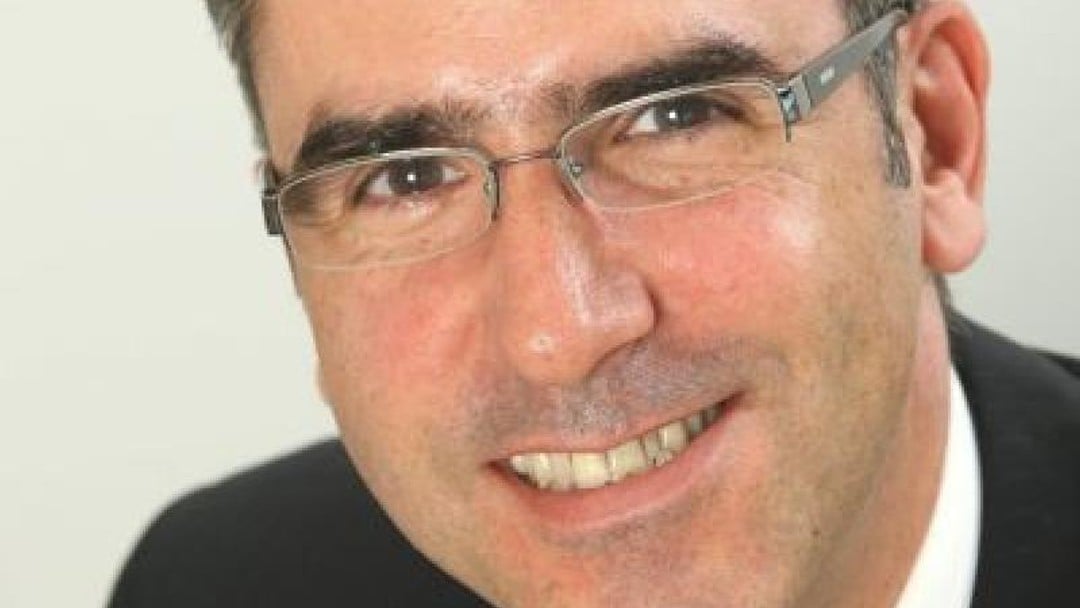Banks can be their own worst enemies, believes Colin Lawson

By Colin Lawson
It is my fundamental belief that the solutions implemented by central banks to solve economic problems often create the next crisis.
The more serious an illness is, the stronger the medicine used to remedy the situation but, potentially, the more significant the side effects are as a result. In much the same way, the bigger the economic crisis, the greater the solution used to fix the problem and then the larger the next crisis may be.
History lesson
Let us test this theory by looking back in history before we consider what is happening today and what the future may hold.
On 31 December 1999, the FTSE 100 peaked at 7,000 shortly before the technology bubble burst. This was quickly followed by the 9/11 attacks and the Iraq war. In order to stave off a recession and avoid deflation, the board of governors of the Federal Reserve in Washington slashed interest rates from seven per cent to two per cent in just over 12 months and then cut them again to an historic low of one per cent.
When you apply such drastic measures in such a relatively short space of time, you are likely to encounter some unforeseen consequences. With interest rates so low, a mortgage boom was created and house prices soared as a result. Consumers went on a borrowing binge and a spending spree, the economy was indeed supported and, so, initially the medicine worked.
In fact, so great was the appetite for borrowing that banks simply did not have enough money to lend to meet requirements. The only way they could attempt to keep up with demand was to sell on loans they had already made to release cash and give them more capital. Collateralised debt was therefore born which, as a side effect, meant that these financial institutions could now mix in some toxic debt without anyone noticing.
Inevitable consequences
Faced with this situation, the Fed had no choice but to raise rates and they did so rapidly, with rates increasing from one per cent to five per cent in two years. When you have borrowed more than you can afford in the first place and then someone increases your borrowing costs five-fold, then the consequences are inevitable.
People defaulted on their mortgages, house prices crashed and the credit crunch began. The subsequent collapse of the banking system brought us closer to the end of the traditional western economic system than most people will ever realise.
As a result, the Fed was faced with the biggest economic illness that the world had seen in living memory. So they did what they always did and slashed rates to 0.5 per cent and have continued to keep them unchanged for the longest period in history.
However, this was never going to be enough and quantitative easing (QE) was born. In the UK and the US, this has amounted so far to more than US$3trn and the total stimulus is much greater on a worldwide scale.
Just a few weeks ago, QE3 was launched in the States. This time around, the rules have changed and there is now absolutely no limit either to the amount or time frame - just a firm statement that they will press on with a whopping US$40bn per month “until it works”. Wow!
Economic experiment
This is, I believe, the greatest economic experiment ever undertaken. With this much medicine being administered, no one knows for sure what the consequences will be, but rest assured there will be some and they will be significant.
QE has worked and effectively has ‘done what it said on the tin’. Stock markets are up, government borrowing costs are down and the world economy has been saved from the abyss.
However, at what price? What will be the side effects of such radical treatment? Despite not having a crystal ball, I believe I know what the next crisis will be, I believe I know when it will kick in and, in my next blog, I will explain how you can protect yourself from it and maybe even benefit from it rather than being a victim.
As they say, forewarned is forearmed!
Colin Lawson is founder and managing partner of Equilibrium Asset Management www.eqasset.co.uk

